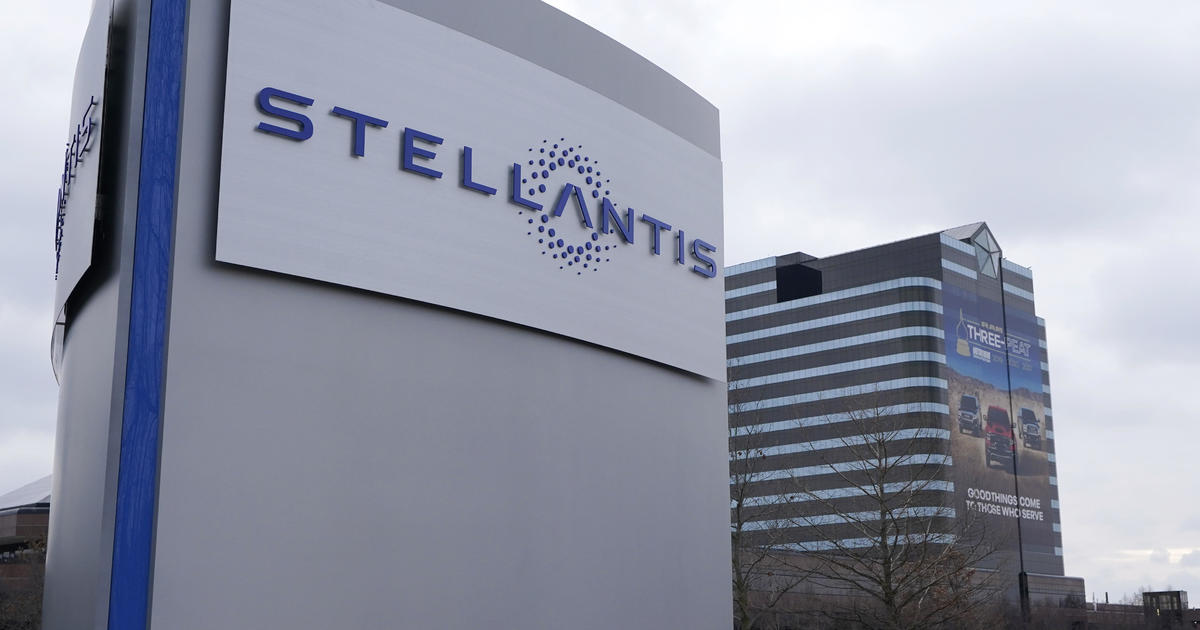MMI Adds Three Patents To Portfolio
For inventors, it's usually a long, arduous path from the birth of an idea to the issuance of a patent. That wait came to a successful conclusion recently for three scientists at Michigan Molecular Institute in Midland as the U.S. Patent and Trademark Office granted patents for three applications under MMI's name.
* MMI earned U.S. Patent 7,794,699 for 'Nano-Structured Blood Substitutes.' The patent was issued on Sept. 14; the application was filed on Jan. 4, 2006. Inventors are Steve Kaganove (MMI), Petar Dvornic (MMI) and Paul Satoh. The nano-structured blood substitute represents an improved synthetic blood substitute which exhibits excellent long-term storage stability at both high and low temperatures and is suitable for use in various biomedical and biotechnical applications, including resuscitation of trauma victims that have suffered massive hemorrhaging and transfusions for human and veterinary surgical procedures.
The artificial blood solution comprises an aqueous carrier, and a dendritic polymer that is capable of carrying oxygen dissolved in the aqueous carrier. The underpinning IP also protects the materials development effort with which MMI is marching forward in a partnership with a major printing company.
* MMI earned U.S. Patent 7,799,276 for 'Functionalized Particles for Composite Sensors.' The patent was issued Sept. 21 following application on Oct. 27, 2003; the inventor is MMI's Claire Hartmann-Thompson.
This patent describes the invention of a family of chemical vapor sensor compounds based on a POS (polyhedral oligomeric silsesquioxane) core molecule decorated with H-bond acidic groups on its periphery. These compounds are designed to be dispersed within a non-interacting matrix polymer that has excellent surface adhesion characteristics, such as the ability to be coated onto and adhere tenaciously to sensor transducer substrates such as may be found in gravimetric, optical, or electromechanical systems. This family of sensor compounds is particularly well-suited for the detection of chemical warfare agents, pesticide residues and explosives.
* And MMI/Givaudan UK Ltd. earned U.S. Patent 7,723,285 for 'Beneficial Agent Delivery Systems.' The patent was issued May 25 following application on July 20, 2005; inventors are Ken Bruza, Petar Dvornic (MMI), A. Fadel, J.M. Mattila and Robert Nowak.
This patent delineates a unique molecular platform composed of a polymer and selected fragrance molecules that are bound together, and that slowly releases its carried fragrance in a controlled manner over time based on certain polymer degradation design principles. In a laundry application, for example, imagine fresh smelling linen or towels (or underwear, for that matter) that retain that fresh smelling characteristic for days to weeks, rather than just the first few minutes to hours at best using current approaches. Givaudan UK Ltd. has an exclusive license to this patent in the area of manufacturing fragrance and flavor compositions for use in products such as laundry products.
The Michigan Molecular Institute, founded in 1971, is a non-profit organization dedicated to polymer research and education. In addition to its research activity, MMI has served as the incubator for several successful businesses, including Dendritech, the world leader in commercial dendrimer production; Impact Analytical, a premier analytical testing lab; Oxazogen, a supplier of advanced specialty films, coating materials and polymers; and MITCON, which serves the information technology needs of more than 35 local non-profit organizations.
For more information, visit www.mmi.org.
(c) 2010, WWJ Newsradio 950. All rights reserved.



